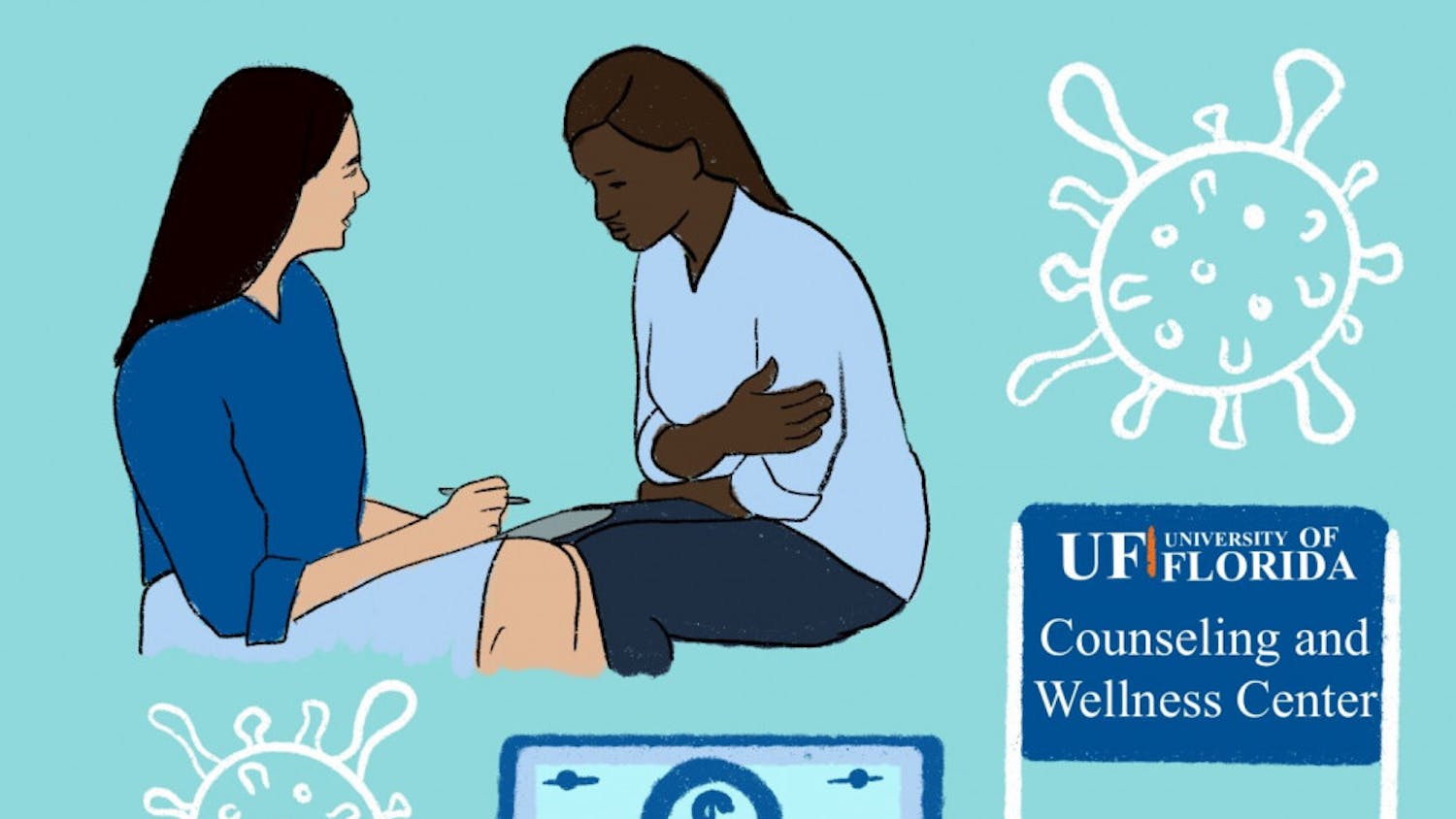Students continue to sacrifice sleep in the name of good grades, and UF counselors are trying to combat students’ misconceptions about a good night’s rest.
Sherry Benton, director of UF’s Counseling and Wellness Center, said about 35 percent of students who go to the center report difficulty sleeping among their symptoms of stress.
Students should get about seven to 10 hours of sleep a night to be at their best physically, emotionally, socially and academically, according to the GatorWell website.
Emma Caldwell, a 19-year-old architecture sophomore, said she usually goes to bed at 2 a.m. and wakes up between 7 a.m. and 9 a.m. On average, she said she gets about six hours of sleep a night.
“I’m usually up working in the studio for architecture,” Caldwell said, “building models and drawing.”
Jane Emmerée, health promotion specialist at GatorWell, said sleep consistency and routine are important for students to perform their best daily. The idea is for students to go to bed and wake up around the same time as often as possible.
“Sleep affects memory,” she said. “Good sleep quality and enough sleep help with what’s called memory consolidation.”
GatorWell provides access to “Sleeping in the Swamp: A Sleep Improvement Program,” enabling students to watch a 13-minute video with sleeping tips, take a sleep self-assessment test and create an action plan to improve sleeping habits.
Sleep campaigns have become popular on college campuses within the past decade because more research has come out showing sleep’s importance to memory and academic performance, Emmerée said.
Students tend to cut back most on their sleep when they’re stressed or during high-impact exams, she said. However, this can cause students to perform poorly when test day comes around.
“They really deprive themselves of sleep around busy times,” Emmerée said. “But when we cut back on our sleep, then we don’t remember things as well, and it kind of snowballs.”





